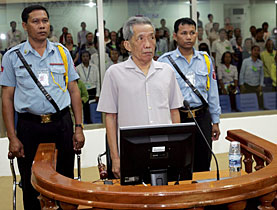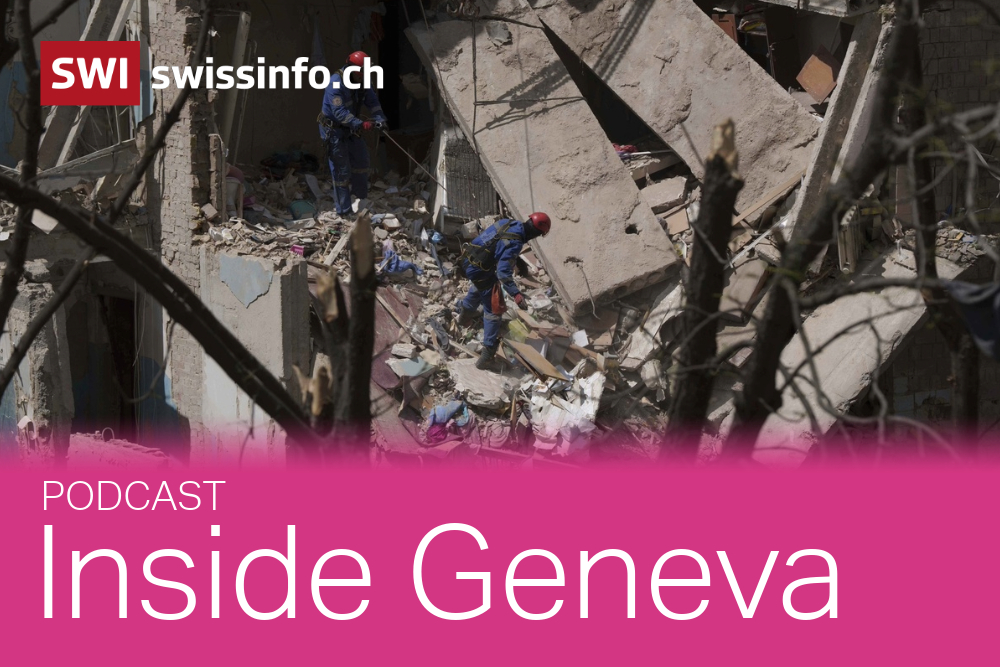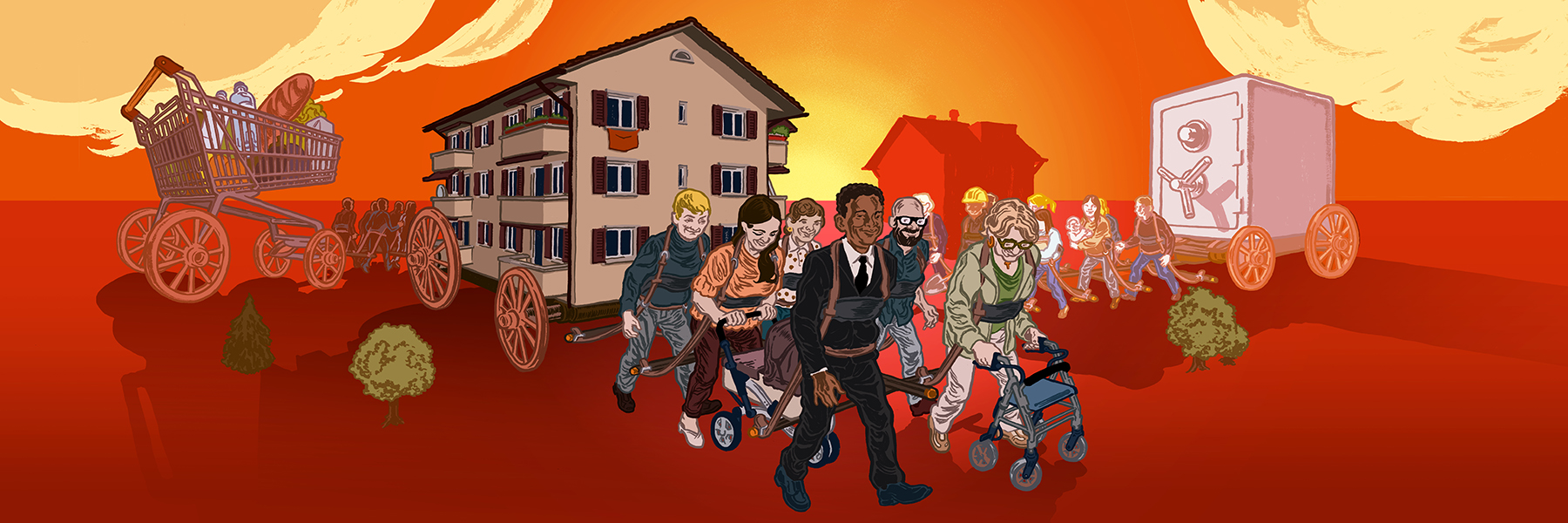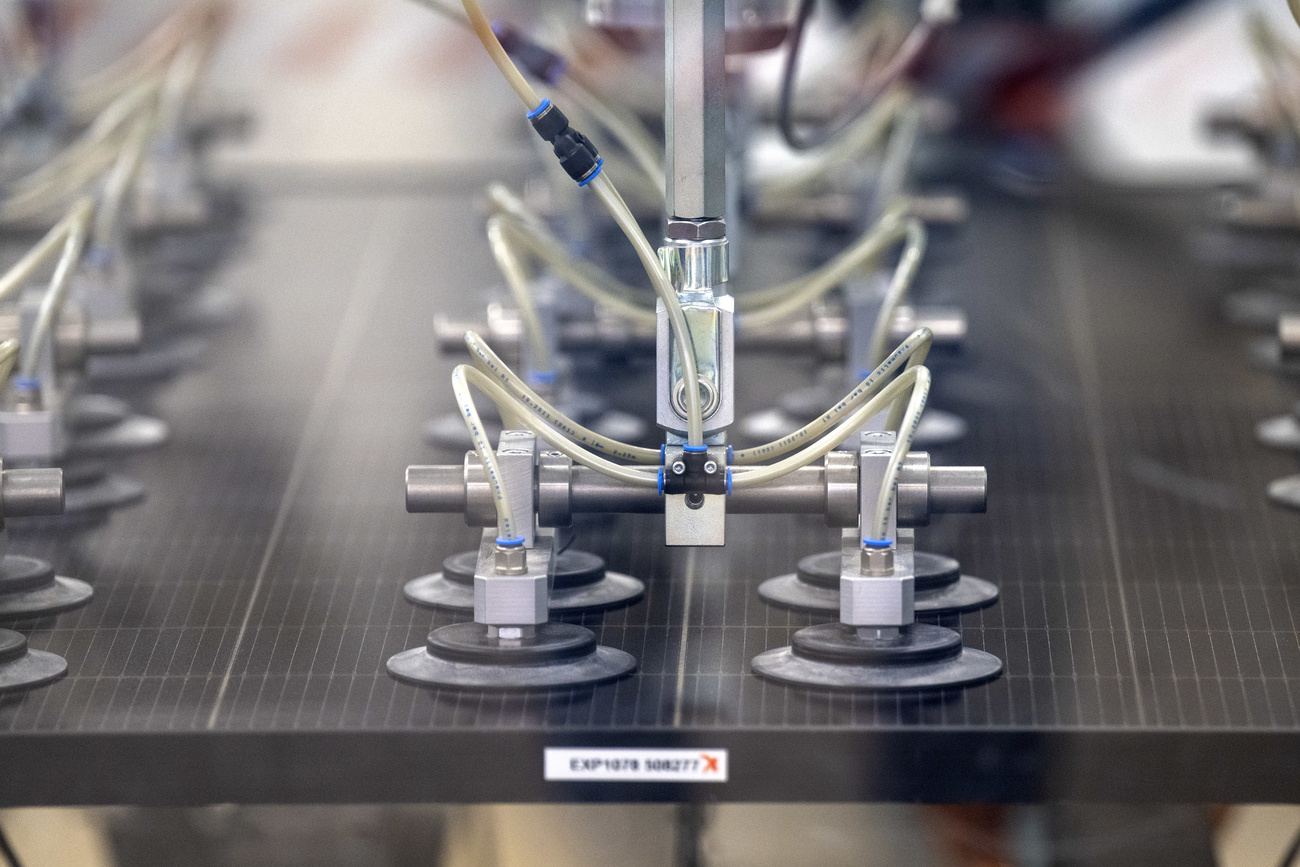
Fighting for international justice

Swiss lawyer Alain Werner, an expert of international justice, is set to join other legal experts defending victims of Khmer Rouge dictatorship in Cambodia.
Geneva-born Werner’s taste for international affairs was last tested as he served this year as assistant prosecutor at the trial of the former Liberian president, Charles Taylor, in The Hague.
In January, the Swiss lawyer will go to Cambodia where the United Nations and the government have set up a special court in the capital Phnom Penh to judge the remaining Khmer Rouge leaders.
And for the first time, victims can counterattack in a UN-backed court. Werner will be representing some of these plaintiffs on a pro-bono basis, because, he says, “I owe the victims.”
His clients are former detainees of the Tuol Seng camp, run by the man known as Duch who is on trial in the Cambodian capital. The camp held up to 12,000 prisoners, many of whom were tortured.
Experience
Aged 36, Werner has already had plenty of experience for this latest trial. His work for the Taylor case, a trial for war crimes and crimes against humanity in Sierra Leone has certainly steeled him.
Since last January, 84 witnesses – including many of his former associates – have given their account of events in west Africa. These insiders have left little doubt about Taylor’s responsibility.
Around 150,000 people died, thousands of others suffer from amputations and Sierra Leone is still struggling to overcome the damage that was inflicted on it.
“The insiders are former ministers, revolutionaries, people who went to Cuba to train as revolutionaries,” Werner told swissinfo. “They aren’t all killers, but sometimes amazing characters.”
The Swiss lawyer has been dealing with the case since 2002. He joined the prosecutor’s team at the Special Court for Sierra Leone in Freetown.
Another direction
After four years, he decided to take another direction and went to Cairo University to learn Arabic. But Taylor’s arrest in Nigeria upset his plans, with Werner again joining forces with the special prosecutor for the trial.
The case was heard in The Hague at the demand of the Liberian government, which feared further unrest in the region if the trial was heard there.
Although the case began in January, the prosecutor has not yet finished his work and the defence lawyers have yet to begin theirs. Sentencing is not expected before the end of 2009.
But for Werner, his work is over. “We have almost finished presenting all the proof, and even if the trial isn’t over, it’s a different situation,” he said.
“It’s like when you are in love. It’s time to move on when cracks appear in a relationship so you can keep something intact.”
His next task, Phnom Penh, will help repay what he calls his “debt.”
No defence
“The witnesses for the Sierra Leone trials were asked to come to tell of the horror, the amputations, the massacres. But they weren’t defended by anyone,” said Werner.
“If I can go to Phnom Penh, hold a victim’s hand and go with that person to the trial, I think I will be able find out why we are going through this process.”
Werner is certainly a restless character. During breaks in the Taylor trial, he travelled to Chad to work as an expert in the case being built up against the former dictator Hissen Habré, accused of crimes against humanity.
The lawyer doesn’t want to stop at dictators. He wants to target those he says are higher up, those who work “in the background, pay for wars, the weapons dealers.”
Werner is not planning to return to Switzerland to work anytime soon.
“What I am looking for is idealism and adventure,” he added. “I could have worked in Geneva, but today I prefer judicial warfare.”
swissinfo, Stéphanie Maupas in The Hague
Alain Werner was born in 1972 in Geneva.
In 1996, he completed a law degree before passing his bar exam.
In 2002, the Swiss foreign ministry asked him to join the prosecution at the Special Court for Sierra Leone, the third UN court after the International Criminal Tribunal for the former Yugoslavia and the International Criminal Tribunal for Rwanda.
In 2006 he joined the special prosecution team for the Taylor case. Taylor is accused of crimes against humanity and war crimes, and is believed to have wanted to take control of Sierra Leone’s diamond resources.
The Khmer Rouge period from 1975 until 1979 was when Cambodia was ruled by Pol Pot and his Khmer Rouge party, which renamed the country Democratic Kampuchea.
Approximately 1.7 million Cambodians died during this time through the combined result of political executions, starvation, and forced labour.
Invasion by neighbouring Vietnam, a former ally, led to the regime’s collapse, leaving Cambodia under Vietnamese occupation for a decade.

In compliance with the JTI standards
More: SWI swissinfo.ch certified by the Journalism Trust Initiative




































You can find an overview of ongoing debates with our journalists here . Please join us!
If you want to start a conversation about a topic raised in this article or want to report factual errors, email us at english@swissinfo.ch.